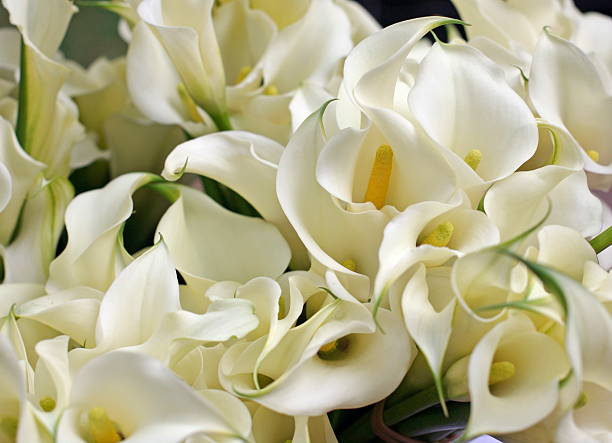The raspberry is a caught and appreciated shrub since ancient times. Its tasty fruits can be used in various food products and more. Discover more on the properties of raspberries and how to grow and take care of this plant.
The importance of culture.
In the Berries family, the raspberry occupies an important place, being the most popular variety after the strawberry. Lamponi have several advantages that are worth cultivating:
-
- can grow in poorer soils
-
- It can adapt to the climatic conditions of various regions.
-
- Begins to bear fruit quickly and regularly
-
- It does not require special technologies for sowing or collection
-
- Fruit can be used in a wide range of food and cosmetics.
Health benefits
With a high content of vitamins, acids and minerals and a special aroma, raspberry fruits are an ideal ingredient for a healthy diet. Among the beneficial elements of these fruits we can mention vitamins A, E, C, vitamin B, calcium, carotene, iron, magnesium, potassium. Eating raspberries can offer numerous health benefits:
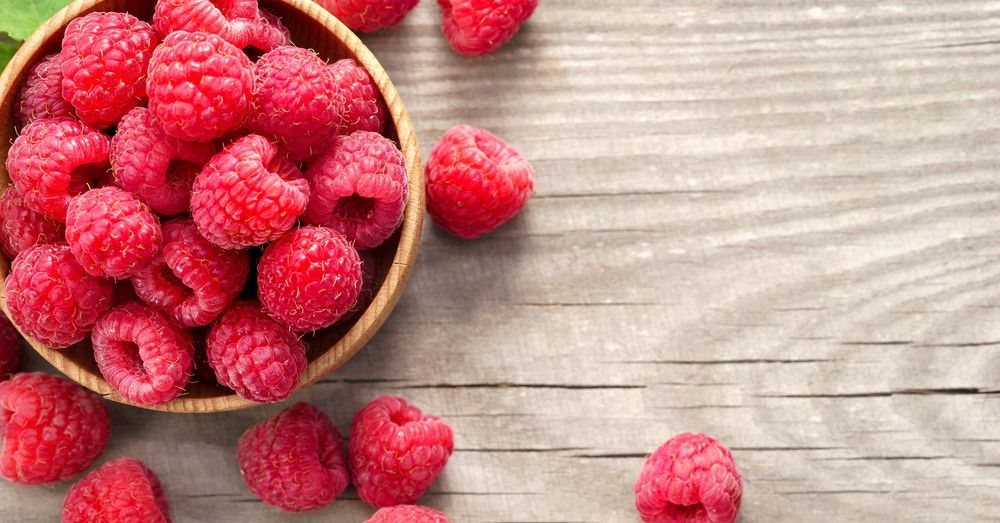
-
- Protects from diabetes and heart disease
-
- Protects the view, hair, skin and delays the effects of aging
-
- Strengthen the immune system
-
- It is ideal in slimming belts
General information on raspberries.
Raspberry, also known as Rusbus Idaeus, is a shrub that is part of the Rosáceas family. Lamponi produce intense purple red fruits and generally grow in forest areas and rocky or mountainous areas. Lamponi can grow at different altitudes up to 2000 m. However, for favorable development it is recommended to grow up to a maximum altitude of 1000 m.
Raspberry plant
1 | Purchase of cuttings
The cuttings must be purchased in specialized stores. Therefore, we guarantee that they are of good quality, they are not influenced by parasites and do not develop specific diseases. The cuts purchased must have a label that clearly specifies the variety, the manufacturer and details on the target crop.
2 | Choice of the sowing site.
The raspberry is not very demanding with the ground, but feels better in a fresh and wet area. At the same time, he needs the sun to grow. In general, raspberries grow easily in mountainous areas where they have enough exposure to the sun.
The raspberries are planted in fertile, light and good drainage soils. An ideal terrain has a humidity of about 75% and a low acidity. A too high level of humidity is not suitable for raspberry crops because the roots can rot quickly. Therefore, clay soil is not adequate. The choice of the sowing place depends on the variety planted.
3 | Sowing time
Lamponi usually plant in autumn. The months of October and November are the best to establish a raspberry harvest. At the same time, there are varieties that can be planted in the spring, after the thaw.
4 | Sowing depth
The hole in which raspberry cuttings are planted can dig up to 50 cm. The raspberry cuttings must be planted at a depth of about 20 cm.
5 | Distance between the files
The distance between the files varies according to the variety, the resistance of the soil and fertility. In principle, the plantation is carried out at a distance of about two meters, which will allow the raspberry to develop harmoniously. The distance between the plants arranged in each line varies between 50 cm and 80 cm.
6 | Support
Lamponi usually need support so that the system can grow vertically, so a support system should be used. Cables subject to wood or cement poles are normally used. The batteries are positioned at a distance from 6 to 10 my to a depth from 50 to 70 cm. Crops can also be performed in a fence that does not require a support system.
Raspberry
Irrigation
Since its roots are not very deep, the raspberry needs more water, especially in the hot summer months. Irrigation can be performed well by the drip system, pilling pipes in which water flows (suitable for crops in flat areas) or spraying a method that will guarantee uniform irrigation (suitable for crops in irregular areas).
cut
Raspberries are cut in spring. The cut of the stems can be done from the first year after sowing the cuttings. Training and maintenance cuts are made, eliminating those parts of the plant that are sick, dry or affected by frost. There is only the healthy part of the plant that can grow harmoniously. When the cut, the plant will be reduced to a height of about one meter.
Application of fertilizers
Fertilizing the ground is essential to obtain a growing healthy and rapid harvest. For raspberry, nitrogen -based fertilization treatments can be applied to nitrogen, potassium, magnesium and phosphorus treatments. When applying the products, the specific instructions of each product must be scrupulously followed. At the same time, it is possible to use organic treatments such as manure or compost, which are usually applied every two years. Before applying fertilizers, it is a good idea to make a soil analysis to know which nutrients you need.
Protection against diseases, parasites and weeds.
Some of the diseases that can influence raspberries are was, rust, gray rot, anthrachnosis. Various phytosanitary treatments are used to protect disease raspberries. They can be applied from the second year. The weeds must be eliminated from the area where raspberries will be grown and with the help of the grassy can be kept under control. Until the second year, when we begin to apply herbicides, we can use aluminum or straw paper to keep the weeds away.
COLLECTION
The moment of the optimal harvest and the method used.
The raspberry fruits are collected when they are ripe, manually. The fruits ripen in different phases, therefore they are collected in a staggered way, once every few days. For the harvest, you can use a container and the fruits can be placed in plastic boxes, wooden or dry boxes.
warehouse
The raspberries don't last long after the harvest, a few days, since they are perishable. The fruits must be carried carefully and, to keep them as long as possible, are kept in the refrigerators.
Fruit uses
Some raspberry preparations
Some of the most popular raspberries preparations are syrup, jam and jam.
The raspberry is also used by its properties in skin and hair care products, raspberry oil is highly appreciated as a maintenance ritual.
Latest items published
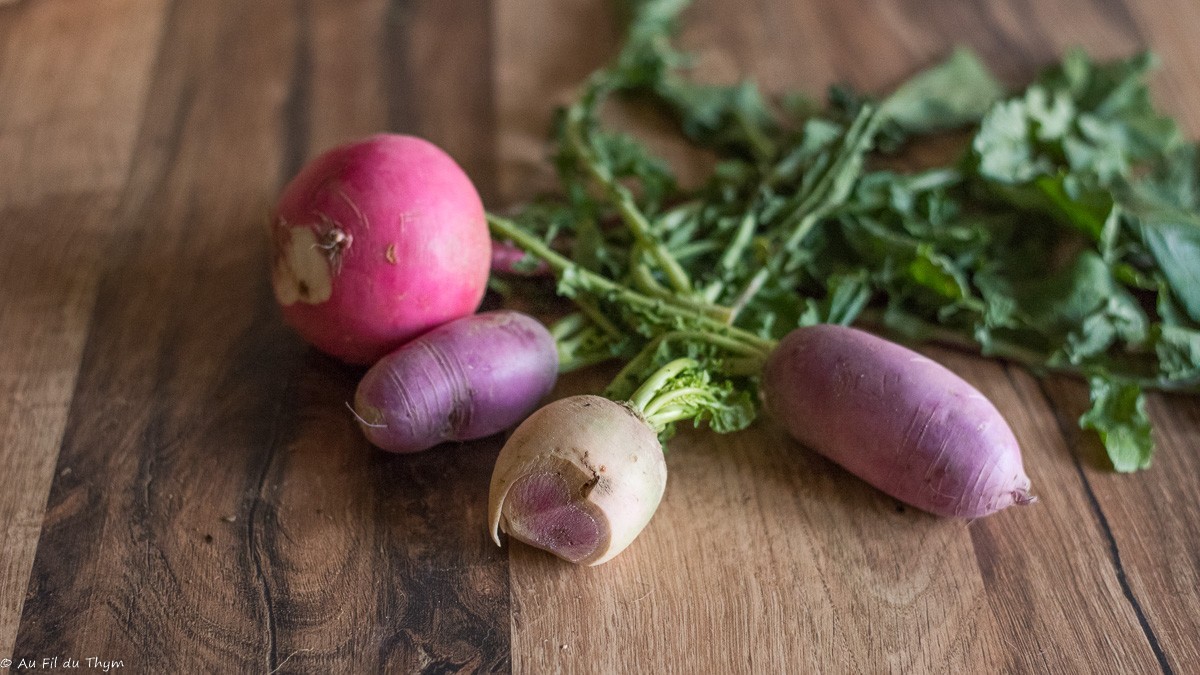
How to cook winter radishes?
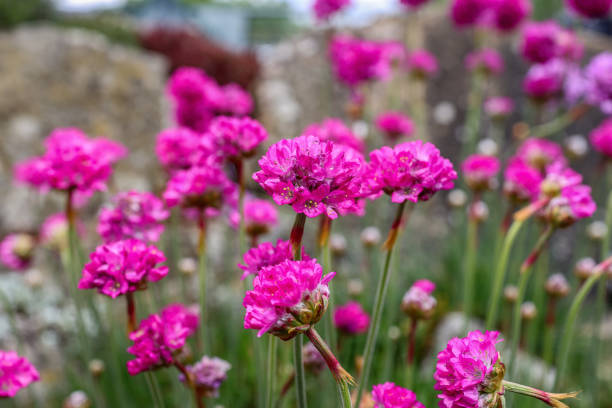
FLOWER CLOVE-MARITIMA ARMERIA: Cultivation and care
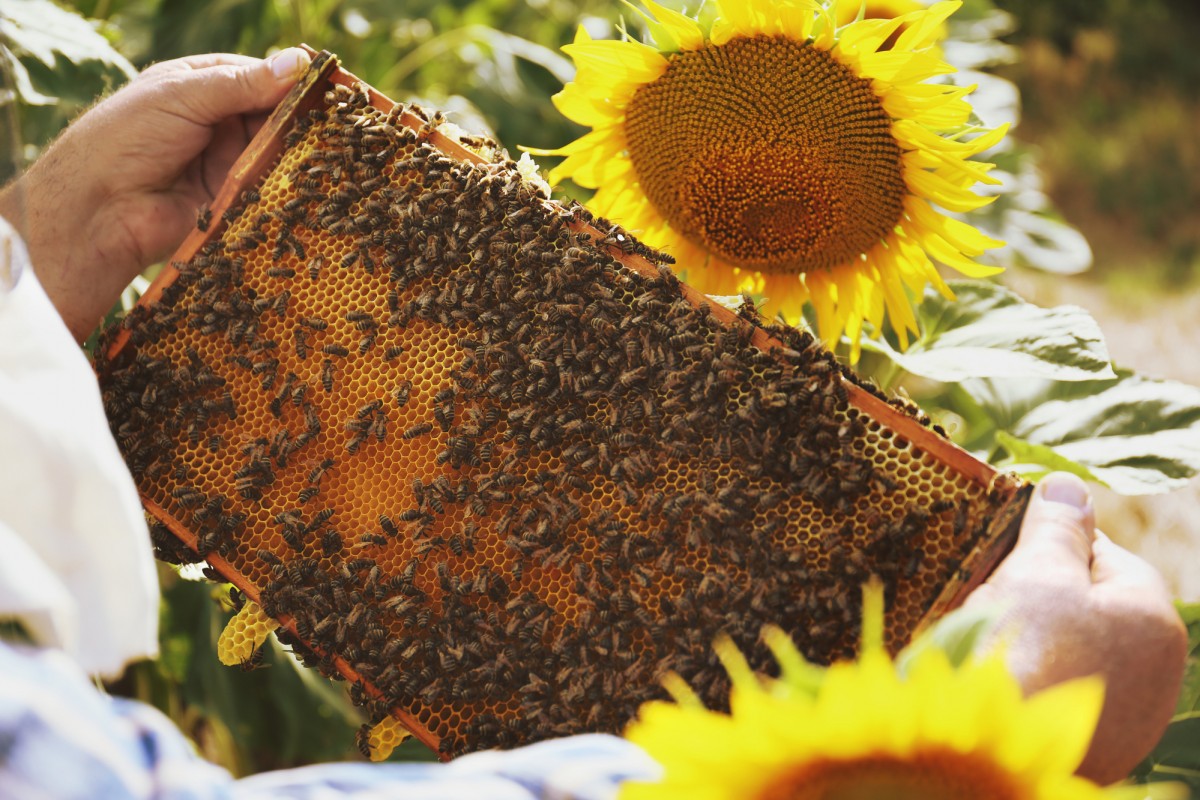
The importance of bees for pollination
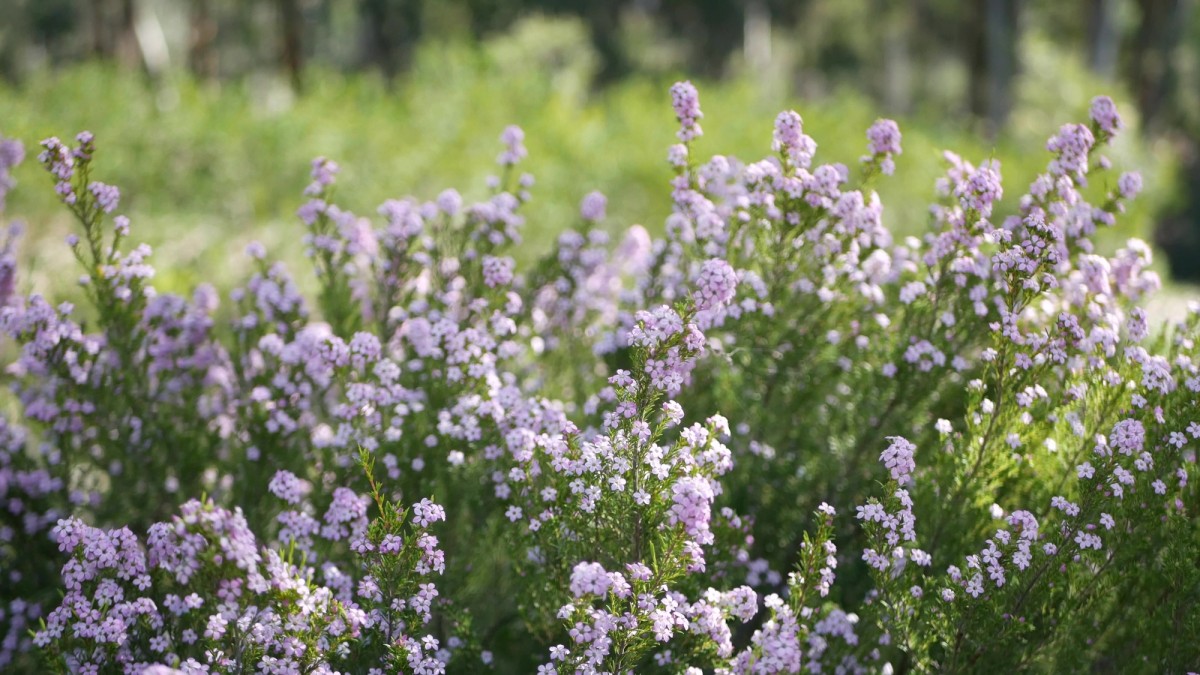
The final guide on how to plant, take care and discover the origin of Coleonema
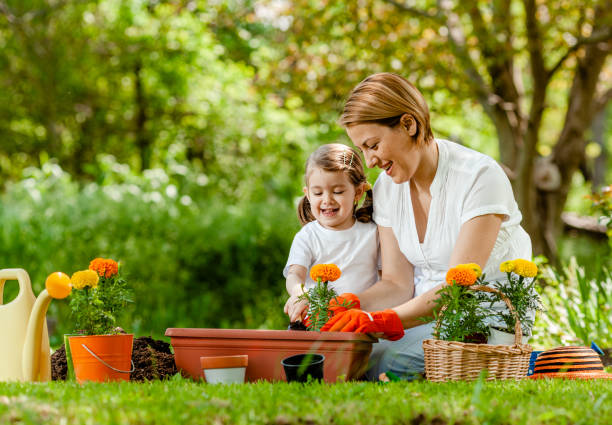
The wisdom of the garden: the influence of popular proverbs on the plantation and the care of natural flowers
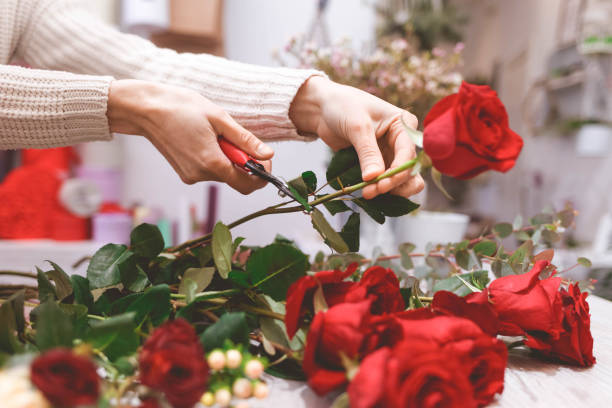
Let's discover the rose and its secrets: the May plant
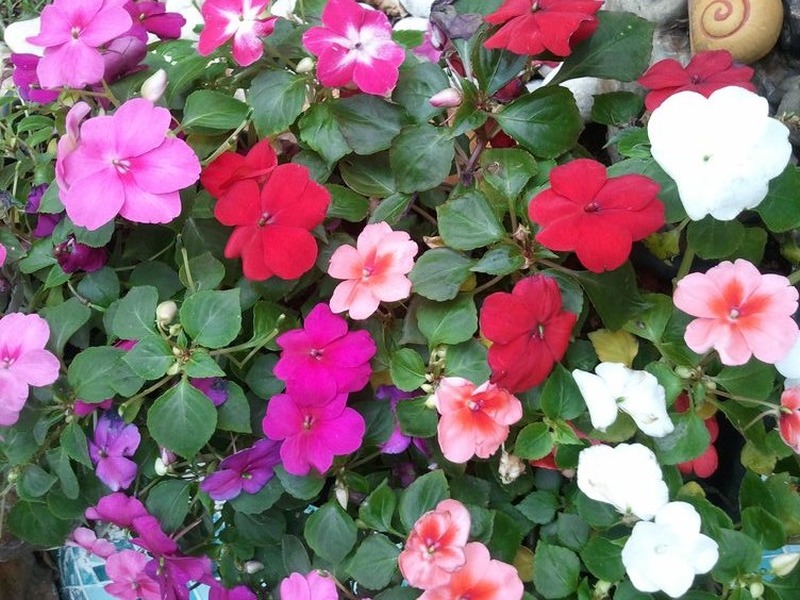
Friar Kiss – Balsamin Family
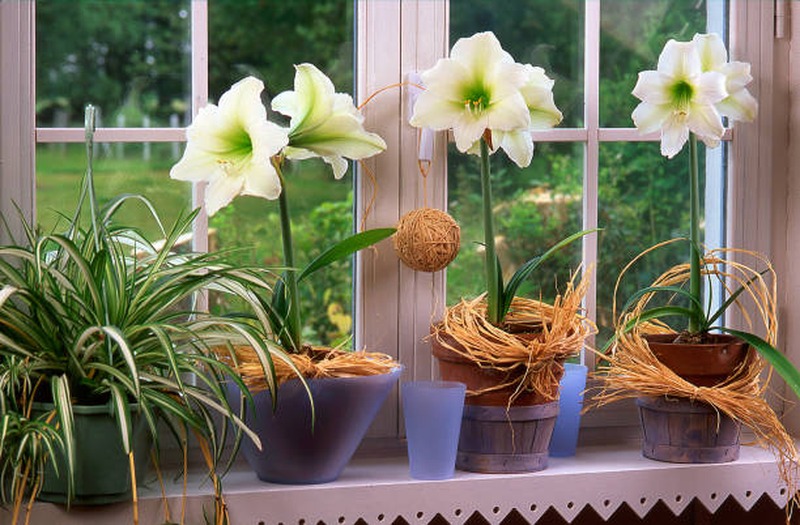
Amarilis – Learn to take care (Hippeastrum Hybridum)
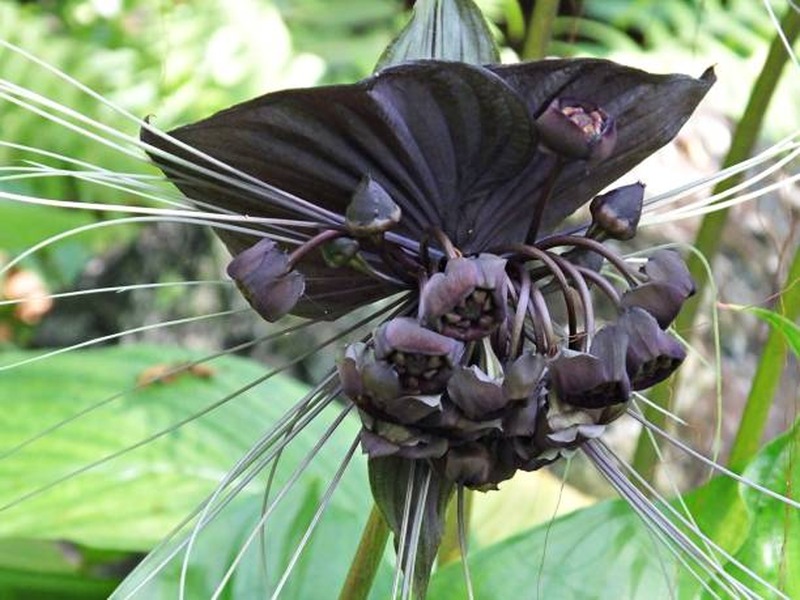
CHANTRIERI NOC – The bat flower has flowers resemble the bats
